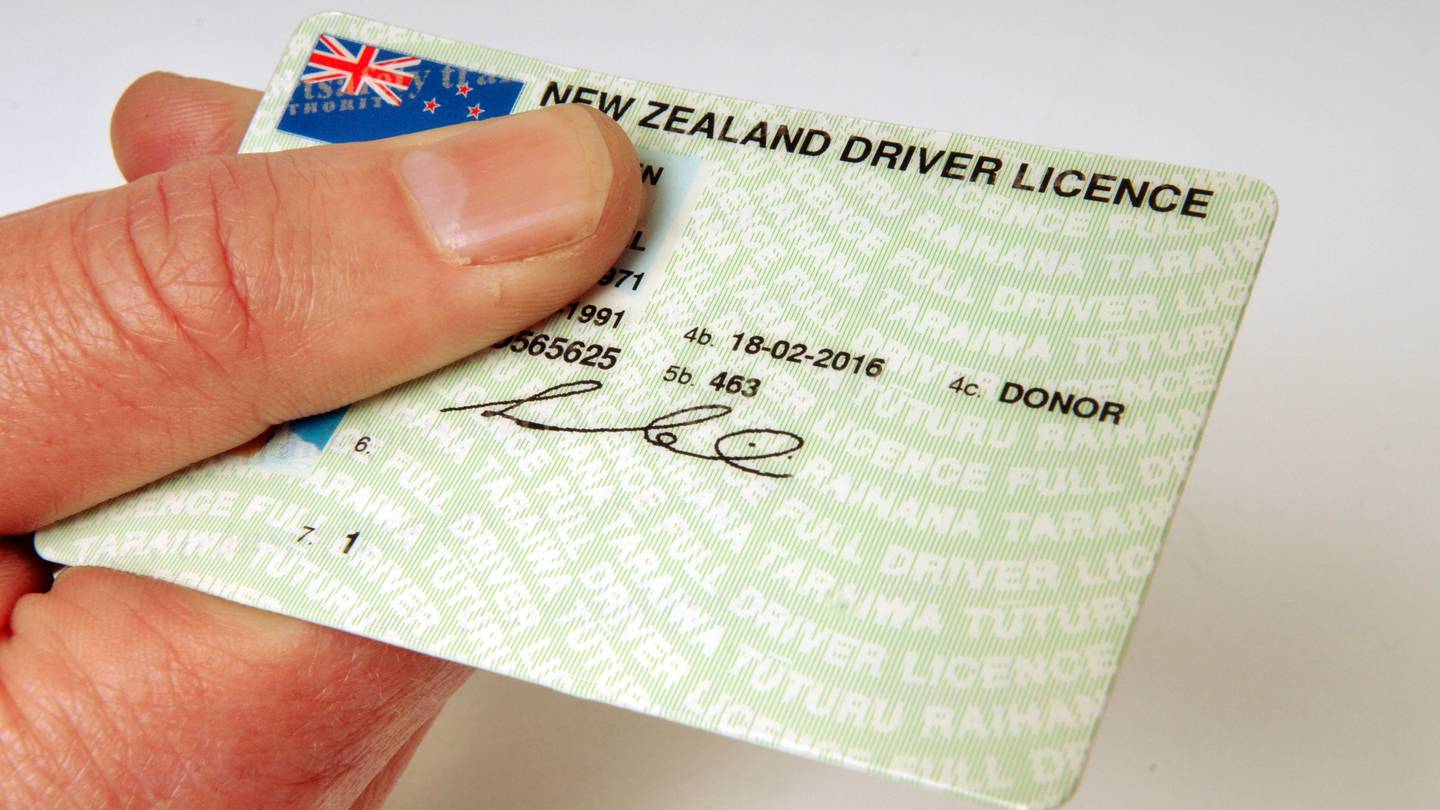Top Stories
New Digital Driver’s Licenses Aim for Convenience and Security

The introduction of digital driver’s licenses in New Zealand is generating discussion about its potential benefits and challenges. The initiative is not solely about the license itself; it aims to create a comprehensive app similar to the one used in New South Wales (NSW). This app would allow users to conduct a variety of government transactions conveniently from their smartphones.
The proposed features include managing car registrations, obtaining a warrant of fitness (WOF), paying road user charges and tolls, and handling tax payments through the Inland Revenue. This effort aligns with the increasing trend of digital transactions, raising the question: why not consolidate these services into one accessible platform? Since its rollout in 2019, over 80% of drivers in NSW have adopted the digital driver’s license via the app, demonstrating a significant shift toward digital solutions.
Balancing Technology with Accessibility
While the convenience of a digital license is evident, it is crucial to consider the needs of all citizens. New Zealand’s Minister has emphasized the importance of offering choices, acknowledging that not everyone has access to the necessary technology or prefers to conduct transactions online. Vulnerable groups, including the elderly, rural communities with limited connectivity, and individuals with low incomes, could face disadvantages if a complete transition to digital occurs. The decision to maintain an option for a traditional plastic license ensures that no one is left behind as technology evolves.
Concerns about privacy and security also accompany the introduction of digital licenses. Despite efforts to implement robust security measures, no system is entirely free from cyber threats or data leaks. The decentralized nature of the app, which minimizes the storage of personal information, is a positive aspect. Still, the increasing use of digital platforms raises questions about the long-term management of data and privacy.
Careful Implementation is Key
Francesca Rudkin, a commentator on the initiative, expressed a cautious yet optimistic outlook on the digital driver’s license. She acknowledges the practicality of such technology and the potential benefits of unifying various government services into one platform. Rudkin also highlighted that digital licenses could deter underage individuals from obtaining fake IDs, thus enhancing public safety.
However, she stresses the importance of a thoughtful implementation process. “This can’t be rushed,” Rudkin stated, emphasizing the need for a well-developed system from the outset. Her cautious approach mirrors that of consumers who prefer to wait for more refined versions of new technologies before making a purchase.
Rudkin’s perspective reflects a broader sentiment among potential users who seek both convenience and security. The digital driver’s license represents a modern approach to identity verification and government transactions, but it must be executed with due diligence to address privacy concerns and ensure accessibility for all citizens.
In conclusion, the move towards digital driver’s licenses in New Zealand is a step towards modernizing how individuals interact with government services. As the country considers this shift, prioritizing accessibility, security, and user readiness will be essential in ensuring the success of the initiative.
-

 Sports2 months ago
Sports2 months agoNetball New Zealand Stands Down Dame Noeline Taurua for Series
-

 Entertainment2 months ago
Entertainment2 months agoTributes Pour In for Lachlan Rofe, Reality Star, Dead at 47
-

 Entertainment4 weeks ago
Entertainment4 weeks agoNew ‘Maverick’ Chaser Joins Beat the Chasers Season Finale
-

 Sports1 week ago
Sports1 week agoEli Katoa Rushed to Hospital After Sideline Incident During Match
-

 Sports2 months ago
Sports2 months agoSilver Ferns Legend Laura Langman Criticizes Team’s Attitude
-

 Politics1 month ago
Politics1 month agoNetball NZ Calls for Respect Amid Dame Taurua’s Standoff
-

 Entertainment2 months ago
Entertainment2 months agoKhloe Kardashian Embraces Innovative Stem Cell Therapy in Mexico
-

 Sports5 days ago
Sports5 days agoJamie Melham Triumphs Over Husband Ben in Melbourne Cup Victory
-

 World3 months ago
World3 months agoPolice Arrest Multiple Individuals During Funeral for Zain Taikato-Fox
-

 Sports3 months ago
Sports3 months agoGaël Monfils Set to Defend ASB Classic Title in January 2026
-

 Entertainment1 month ago
Entertainment1 month agoTyson Fury’s Daughter Venezuela Gets Engaged at Birthday Bash
-

 Sports1 month ago
Sports1 month agoHeather McMahan Steps Down as Ryder Cup Host After Controversy



















